ERP Vs CRM: What’s the Difference?
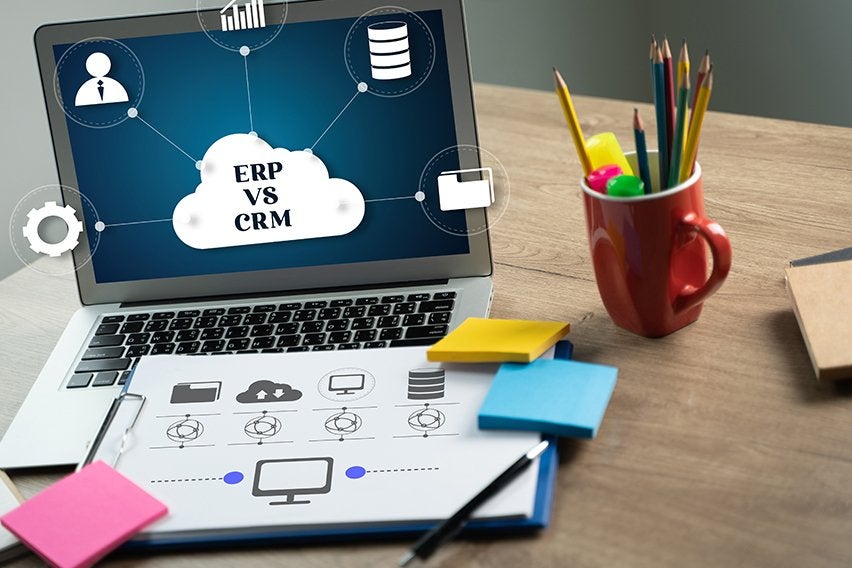
Business software solutions are a must for businesses of any size. Two of the most common business software systems talked about today are similar to one another. These two software are enterprise resource planning (ERP) and customer relationship management (CRM). While the two share quite a few similarities, they’re actually very different from one another.
If you’re considering ERP or CRM for your business, keep reading. We’re going to explain the basics of both, and how they compare and contrast.
Here’s What We’ll Cover:
Enterprise Resource Planning Systems
Customer Relationship Management Systems
Similarities Between ERP and CRM
Differences Between ERP and CRM
Enterprise Resource Planning Systems
ERP software options are much larger in scope than CRM software options. That’s because they are designed to do a bit more than CRM systems. ERP software was developed from material requirements planning (MRP) software. MRP helped manufacturers understand and manage resources to operate a successful business. ERP took it a step further, though.
While MRP focuses on manufacturing, ERP focuses on the whole picture. This means that a number of different process can be managed from ERP software options:

- Inventory management
- Supply chain management
- Finance department functions
- Accounting
- Human resources
- Project management
Enterprise resource planning allows a business to house all of the data for these departments in a single place, too. This means that it can serve as a centralized database for a business, as well.
Advantages of Enterprise Resource Planning
ERP software options provide numerous advantages for business leaders. The largest advantage it has, though, is the reporting it can provide. Reports are necessary for any business’s success. Because ERP systems house data related to most processes, they can often create complex financials. Reports can be generated on a regular basis, or on an ad hoc basis in most cases.
What does this mean for businesses? It means that you’ll be able to see greater financial control. Monitoring all aspects of a business’s processes can improve the way it functions financially. Finance teams love using ERP software.
Customer Relationship Management Systems
Customers are the most important part of any business. It’s why customer service is so important, both for the customer service department and the sales team. Sales reps have to provide great customer service to close a sale with potential customers. The customer service team has to maintain those positive customer relations. That’s why CRM systems exist.
CRM systems were first developed for the sales department. They were used when working with prospective customers. They were originally known as sales force automation systems. However, they quickly outgrew their original purpose and expanded to all aspects of customer service. A CRM system manages all customer interactions within a business.
Advantages of Customer Relationship Management
CRM systems provide advantages for customer support personnel, regardless of their department. These software options track all interactions with customers, and they record the data from them. This leads to a more successful customer experience, in most cases.
When using one centralized system for customer management, you can identify a number of things. High-value customers can be treated with the care necessary to keep them coming back. Turn all of your customers into loyal customers. Meanwhile, the accumulation of customer data discovers trends in actions that work best. If you want to increase customer satisfaction, a CRM system is the best way to do so. Some options even allow access to customers and clients, making the process even more streamlined.
Similarities Between ERP and CRM
When reading about these two systems, you may see similarities. That’s because on a functional level, the two are quite similar to one another. Both systems do the following for any business that uses them:
- Provide a central database for business interactions
- Record, analyze, and store data
- Creates reports to better help business operations
However, when you begin to look at them in detail, you’ll find that the two are fairly different, as well.

Differences Between ERP and CRM
While these two types of software function in a similar manner, they provide solutions for different areas.
- ERP is used primarily for financial data, CRM is used for customer data
- Some ERP systems include CRM, but CRM never includes ERP
- ERP is used for the full business, CRM is for customer relations entirely
Key Takeaways
Understanding the difference between ERP and CRM can help you decide on which is best for you. Do you need both systems? If you’re running a small business, you probably only need a CRM software. ERP software options are meant for much larger organizations. However, if you want both, you’ll have to find an ERP system with a CRM component. If you need more information like this, be sure to check out our resource hub!
RELATED ARTICLES
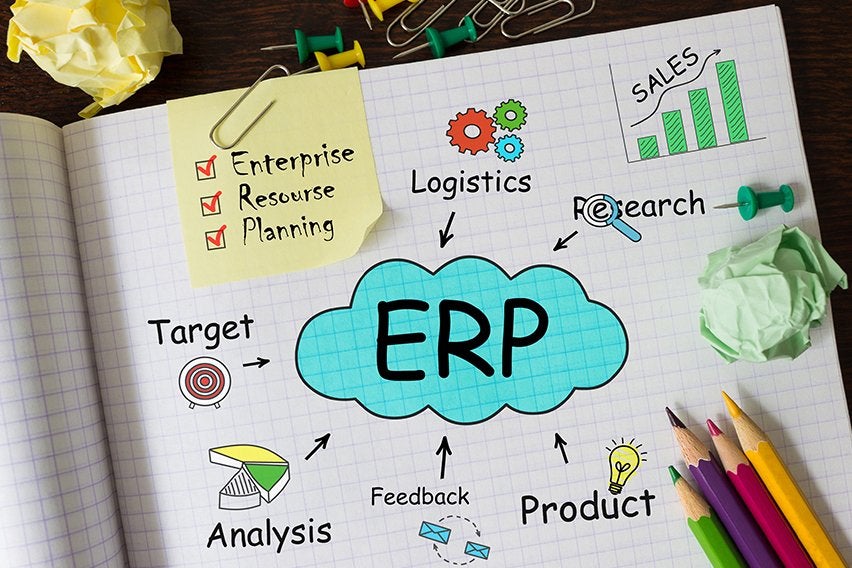 What Is Cloud ERP Software & How Does It Work?
What Is Cloud ERP Software & How Does It Work?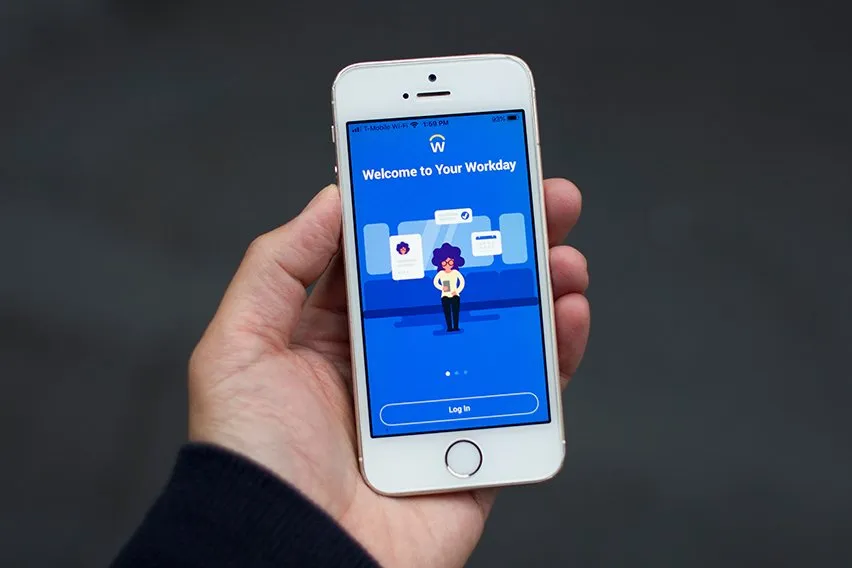 10 Best Project Scheduling Software
10 Best Project Scheduling Software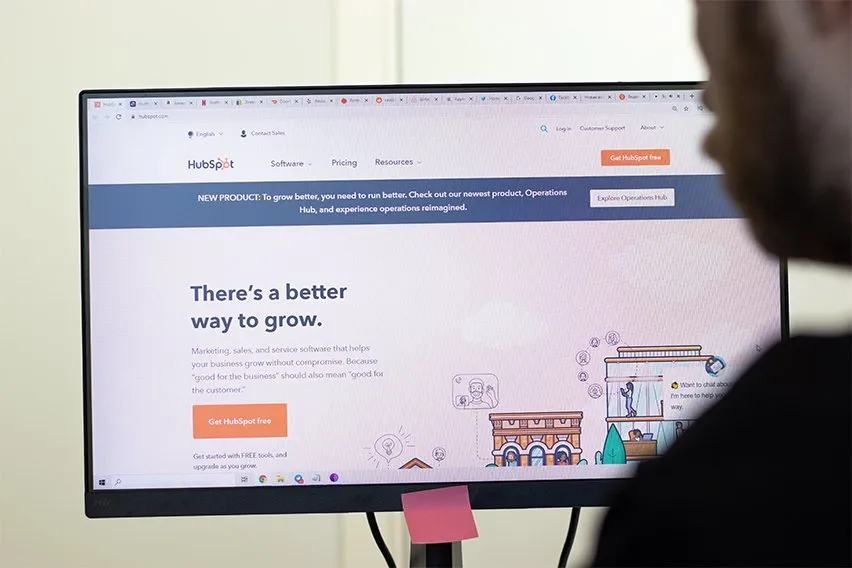 The 9 Best Contact Management Software Tools
The 9 Best Contact Management Software Tools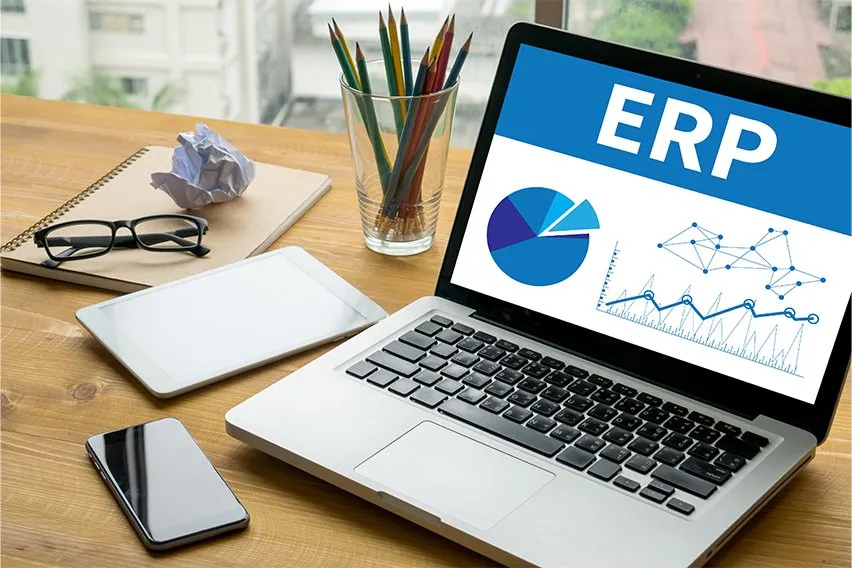 ERP Implementation: A Definitive Guide
ERP Implementation: A Definitive Guide 9 Best Team Management Tips You Should Learn
9 Best Team Management Tips You Should Learn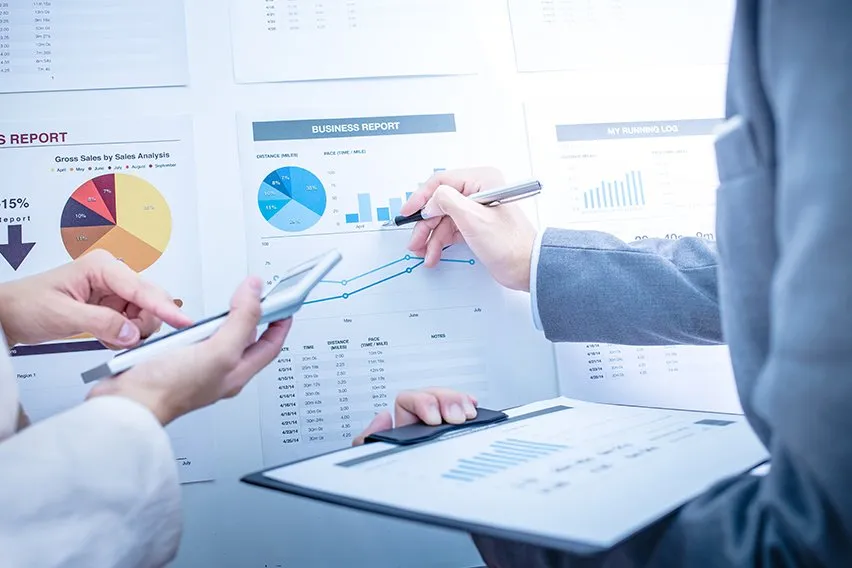 What Is a PMO (Project Management Office)? A Complete Guide
What Is a PMO (Project Management Office)? A Complete Guide